The Lorde/Popcrave Conspiracy: A Deep Dive into Fandom, Delusion, and the Digital Age
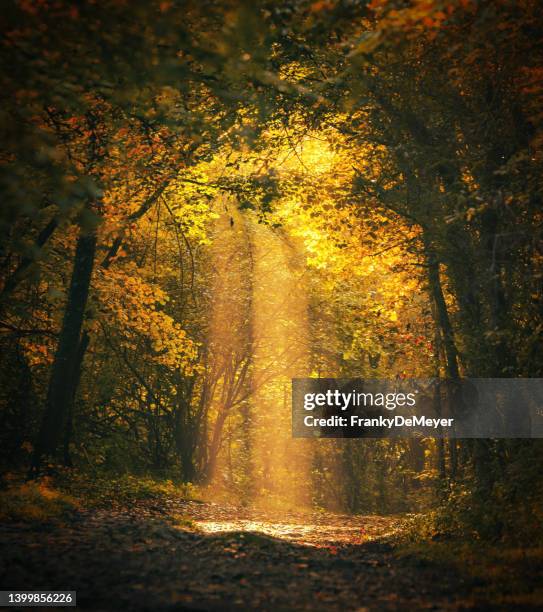
The internet loves a good conspiracy, and the music industry is fertile ground for them. From Avril Lavigne’s supposed replacement to Beyoncé's faked pregnancy, no pop star is safe. But few are as bizarre, intricate, and… frankly, baffling as the theory that Lorde, the introspective New Zealand singer-songwriter, secretly operates the pop music review Instagram account "Popcrave." Is there any truth to this? Or is it simply a case of online fandom gone wild? Let’s dive down the rabbit hole.
This stylish portrait captures Lorde's introspective image, contrasting sharply with the chaos of Popcrave's aesthetic.
The "Evidence": A Trail of Breadcrumbs or Confirmation Bias?
The Lorde/Popcrave conspiracy took root on platforms like Twitter and TikTok, fueled by dedicated "truthers" who meticulously compiled what they believed to be irrefutable evidence. Accounts like the now-dormant @LordeStan4Lyfe were instrumental in the early stages, pointing out stylistic similarities between Lorde's cryptic social media posts and Popcrave's captions.
One of the core arguments centered around shared vocabulary. Both Lorde and Popcrave were noted for using certain phrases or emojis that some fans found too specific to be coincidental. However, these claims often overlooked the fact that language evolves and certain slang terms become widespread, especially among Gen Z, which both Lorde (as a millennial attempting to stay relevant) and Popcrave (by design) appeal to.
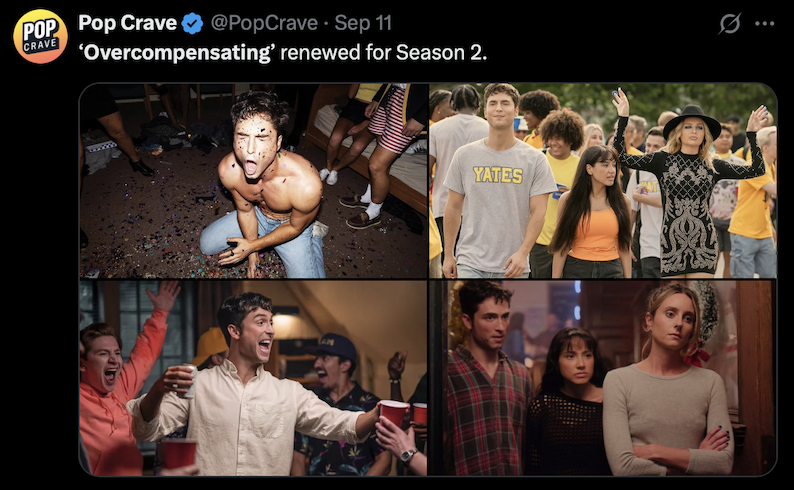 This tweet, typical of early speculation, highlights perceived stylistic similarities as evidence of the conspiracy.
This tweet, typical of early speculation, highlights perceived stylistic similarities as evidence of the conspiracy.
Another key piece of "evidence" involved the timing of Popcrave's posts. TikToks circulated showcasing how Popcrave's activity coincided with periods when Lorde would ostensibly have downtime, such as between album promotional events. The assumption was that Lorde, free from her own social media obligations, would use this time to update Popcrave. Of course, this ignores the fact that Popcrave likely has a team of people working on it constantly. Also, any celebrity has lulls in their promotional calendar and the odds of this aligning with some Popcrave activity is statistically probable.
Popcrave's content style was also scrutinized. The account’s consistent use of Gen Z slang like "sus," "no cap," and "it's giving" was seen by some as further proof of Lorde's involvement. More suspiciously, Popcrave's apparent preference for hyper-pop artists like 100 gecs and PC Music artists, while seemingly downplaying or ignoring the successes of mainstream pop stars like Adele, fueled the narrative. The account's frequent use of terms like "bop," "flop," and "iconic" became a point of obsession, with fans comparing and contrasting this vocabulary with Lorde's own writing style. While some saw clear overlaps, others pointed out intentional divergences, suggesting Lorde was consciously altering her style to avoid detection.
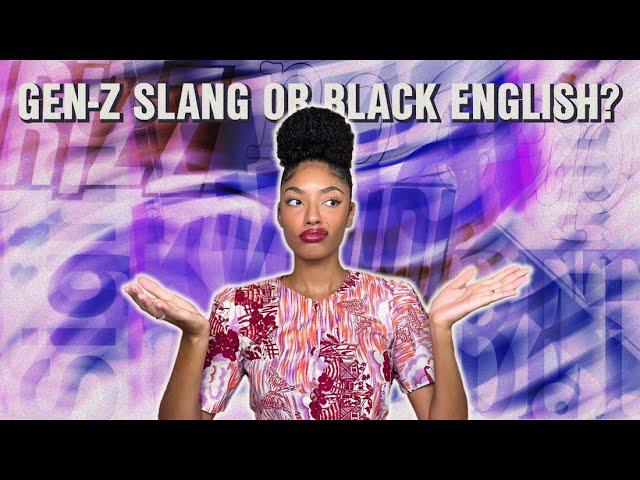 This image highlights the chaotic aesthetic and supposed "clues" within Popcrave's content.
This image highlights the chaotic aesthetic and supposed "clues" within Popcrave's content.
The Psychology of Belief: Parasocial Relationships and the Desire for Connection
Why are fans so drawn to the idea that celebrities are secretly involved in online fan spaces? The answer lies in the nature of parasocial relationships. In the digital age, fans feel closer to their idols than ever before. They see their tweets, watch their Instagram stories, and feel like they have a glimpse into their personal lives. This creates a sense of intimacy, even though the relationship is one-sided.
The Lorde/Popcrave conspiracy offers fans the tantalizing possibility of breaking down the boundaries between artist and audience. It suggests that Lorde isn't just a distant figure on a stage but is also a participant in the online conversation about music. This idea is incredibly appealing, as it validates fans' own opinions and makes them feel like they have a special connection with their idol. The danger of this is how easily it can spiral into an unhealthy obsession.
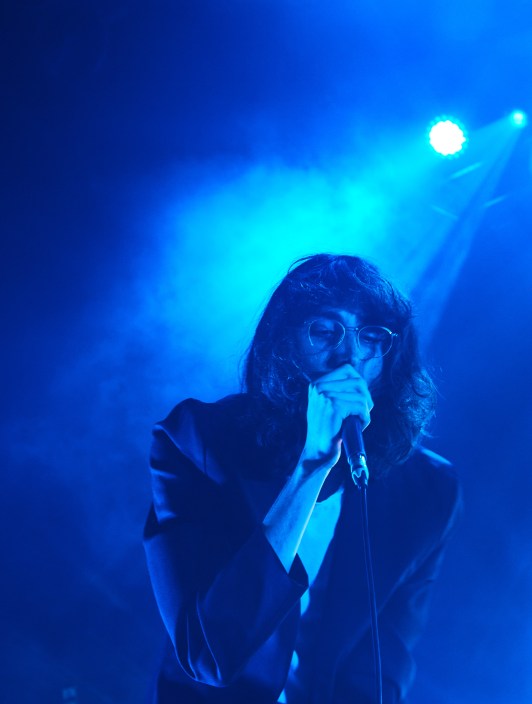 This meme visually explains the parasocial relationships that fuel many celebrity conspiracy theories.
This meme visually explains the parasocial relationships that fuel many celebrity conspiracy theories.
Wired: "The Lorde/Popcrave Conspiracy: A Case Study in Online Delusion" (Hypothetical)
Imagine Wired running a piece titled "The Lorde/Popcrave Conspiracy: A Case Study in Online Delusion." The article would likely dissect the phenomenon using data analysis and computational linguistics. Network analysis would be employed to map the connections between Popcrave's followers, the accounts it mentions, and known Lorde fan accounts. The aim would be to identify statistically significant overlaps that could indicate bot activity or coordinated campaigns to amplify the conspiracy. If a considerable portion of verified Lorde fan accounts also follow Popcrave, it is no different than Swifties following Selena Gomez or vice versa.
Computational linguistics would be applied to analyze the sentiment and vocabulary of Popcrave's posts, comparing it to a corpus of Lorde's known writing (including song lyrics, interviews, and personal blog posts). Algorithms would search for statistically significant similarities or differences in style and tone. If there are notable similarities, this would be a strong piece of "evidence". However, even if the results did indicate statistical similarities in speech or language, the Wired article would conclude that the supposed connection is likely a case of confirmation bias and pattern-seeking behavior driven by fans' desire for a deeper connection with their idol. After all, correlation does not equal causation, and pattern-seeking can create patterns where none exist.
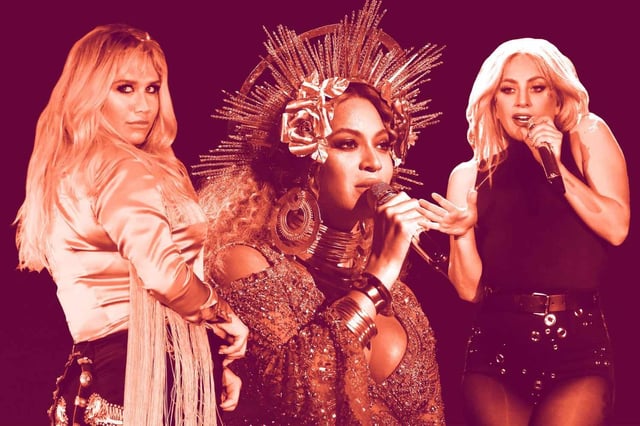 This mock-up captures the tone of a Wired deep dive into the conspiracy and its potential roots.
This mock-up captures the tone of a Wired deep dive into the conspiracy and its potential roots.
The Confession of a Former Truther: Interview with Sarah (@PopcraveExposed)
We managed to track down Sarah, the former operator of the now-defunct Twitter account @PopcraveExposed, a dedicated hub for Lorde/Popcrave conspiracy theories. Sarah agreed to speak under condition of anonymity.
"It started as a bit of fun," Sarah admitted. "I was a huge Lorde fan, and I found it exciting to think that she might be behind Popcrave. I started noticing little things, similarities in the way they both wrote, and I began sharing my 'findings' on Twitter."
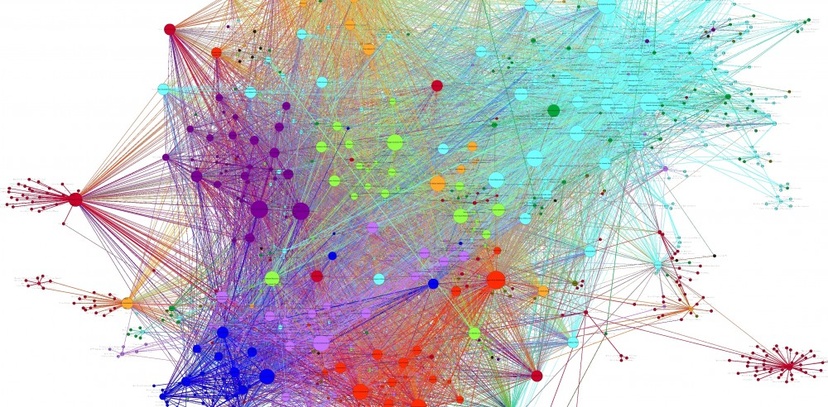 This image portrays the disillusionment and regret of a former "truther."
This image portrays the disillusionment and regret of a former "truther."
However, the fun quickly turned into an obsession. "I started spending hours every day looking for 'clues,'" she explained. "I would scrutinize Popcrave's posts, Lorde's tweets, everything. I was so focused on finding evidence that confirmed my biases that I ignored anything that contradicted them."
Sarah described the pressure within the online community to maintain the narrative. "People were constantly sharing new 'evidence,' and if you questioned it, you were accused of being a 'shill' or a 'disbeliever.' It became this echo chamber where everyone was reinforcing each other's beliefs, no matter how outlandish."
The turning point came when Sarah started receiving hateful messages directed at Popcrave. "I realized that what I was doing was no longer harmless," she said. "I was contributing to a harmful and ultimately baseless rumor. I felt terrible."
Sarah eventually deleted @PopcraveExposed and stepped away from the online community. "I still love Lorde's music, but I've learned a valuable lesson about the dangers of online conspiracy theories," she concluded. "It's easy to get caught up in them, but it's important to remember that they're often based on nothing more than wishful thinking and confirmation bias."
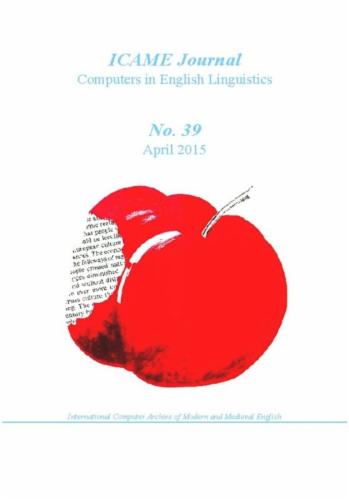 This image displays a screenshot of the now defunct account that was fueling this theory.
This image displays a screenshot of the now defunct account that was fueling this theory.
The Cool, Sharp, and Intelligent Takeaway
The Lorde/Popcrave conspiracy is a fascinating case study in the power of online fandom and the human desire for connection. While the "evidence" presented by truthers may seem compelling at first glance, it ultimately crumbles under scrutiny. It's a reminder that our brains are wired to seek patterns, even where none exist, and that confirmation bias can lead us down some very strange and ultimately deluded paths. While it's fun to speculate and engage in playful theorizing, it's crucial to maintain a healthy dose of skepticism and avoid crossing the line into harmful or obsessive behavior. So, while the idea of Lorde secretly running a pop music review account might be entertaining to imagine, the reality is far more likely to be a mix of overzealous fans, confirmation bias, and the ever-present allure of a good conspiracy theory.
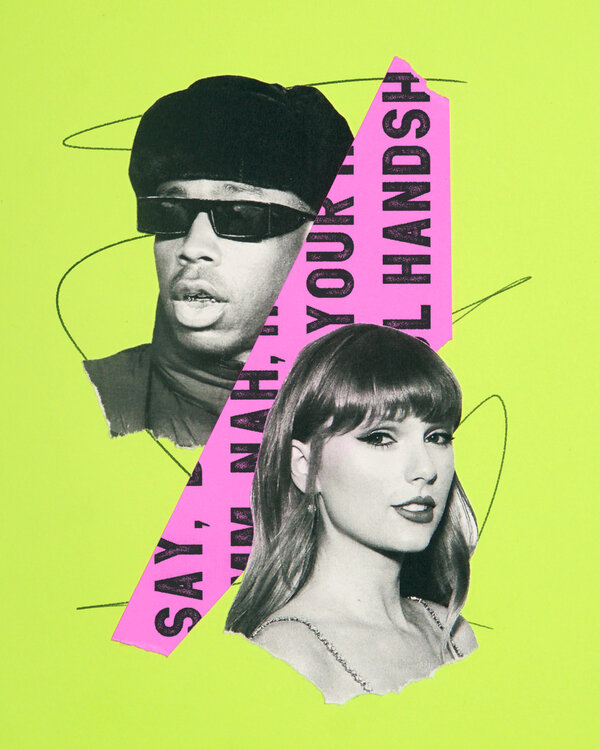 This split image visually represents the contrasting styles of Lorde and Popcrave, overlaid with digital glitches.
This split image visually represents the contrasting styles of Lorde and Popcrave, overlaid with digital glitches.
Ultimately, the Lorde/Popcrave conspiracy theory underscores the blurring lines between celebrity, media, and fan engagement in the digital age. It's a reflection of our deep-seated desire to connect with those we admire and the lengths we'll go to create meaning and connection in an increasingly fragmented world. Whether the motivation stems from an innocent desire for connection or something more obsessive, it reminds us that what we see online isn't always what it seems. As Sarah painfully discovered, it is critical to keep in mind the emotional well-being of the people involved, especially when the conspiracy reaches the point of harassment and cyberbullying.
 This theoretical chart visually illustrates the spread and amplification of the conspiracy theory across social media platforms.
This theoretical chart visually illustrates the spread and amplification of the conspiracy theory across social media platforms.